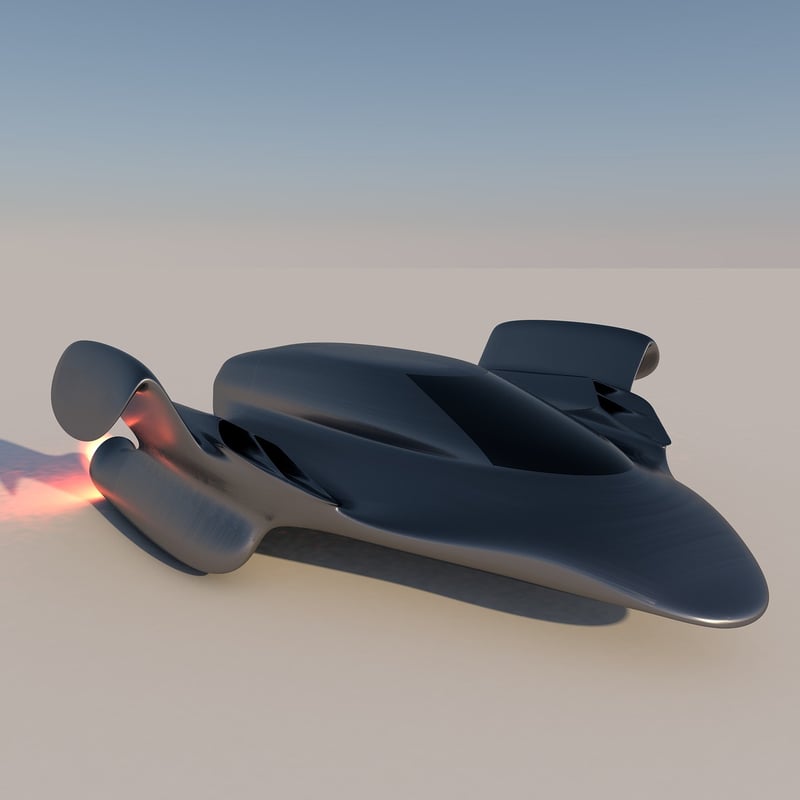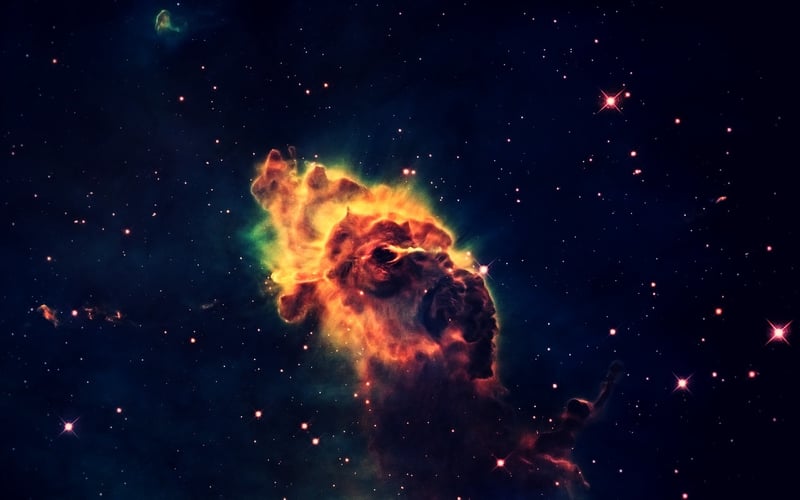Multiverse Theory
The Laws of Time Travel and Multiverse Theory
Time travel and the multiverse theory have long fascinated scientists, writers, and the general public alike. The idea of traveling through time or existing in multiple parallel universes opens up a world of possibilities and challenges our understanding of the universe. In this article, we will explore the laws of time travel and the multiverse theory to shed light on these intriguing concepts.
The Laws of Time Travel
Time travel is a concept that has been explored in various works of fiction, but what would the actual laws of time travel look like if it were possible? While time travel remains theoretical, physicists have proposed several principles that could govern such a phenomenon:
- Causality: The principle that an event can only be influenced by events that occurred before it. This means that if time travel were possible, travelers would not be able to change major historical events.
- Novikov Self-Consistency Principle: This principle suggests that any actions taken by a time traveler would be part of the timeline they traveled back to, ensuring that there are no paradoxes.
- Grandfather Paradox: One of the most famous paradoxes associated with time travel, it posits that if you were to travel back in time and prevent your grandfather from meeting your grandmother, you would cease to exist, creating a paradox.
Multiverse Theory
The multiverse theory proposes the existence of multiple universes, each with its own set of physical laws and constants. This theory suggests that our universe is just one of many parallel universes that exist simultaneously. Some key points related to the multiverse theory include:
- Parallel Universes: Each universe in the multiverse would exist independently of the others, leading to infinite possibilities and variations.
- Quantum Mechanics: Some interpretations of quantum mechanics support the idea of multiple universes, where every possible outcome of an event is realized in a different universe.
- Multiverse Types: There are various types of multiverse theories, including the bubble universe theory, the daughter universe theory, and the mathematical universe hypothesis.
While both time travel and the multiverse theory remain speculative, they continue to capture the imagination of many and inspire further scientific research and exploration into the nature of space, time, and reality.


For more information on these fascinating topics, consider delving into the works of renowned physicists and science fiction writers who have explored the boundaries of time and space.
Remember, while time travel and the multiverse theory may currently only exist in the realm of theory and fiction, the quest to understand these concepts pushes the boundaries of human knowledge and fuels our curiosity about the nature of the universe.
